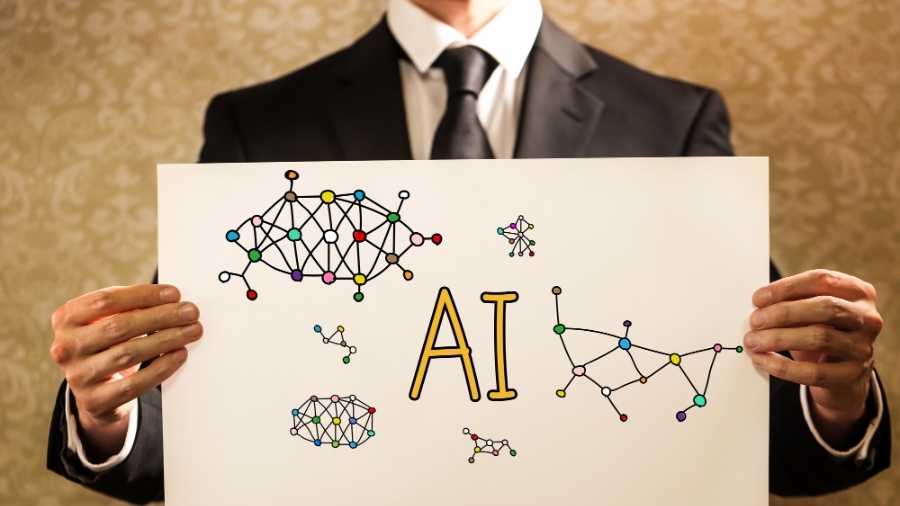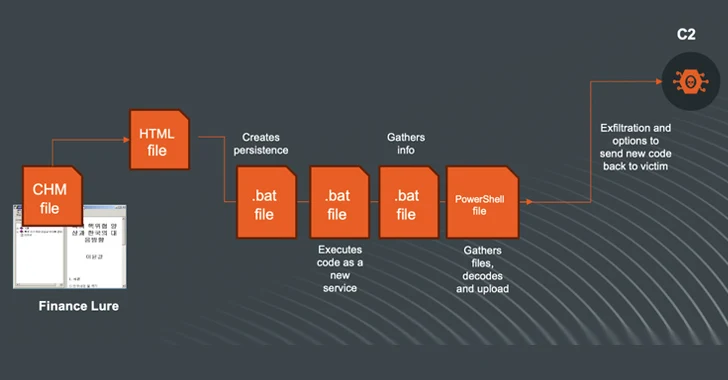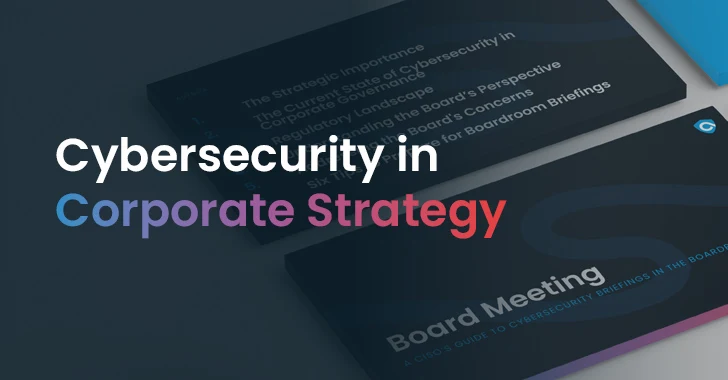A new report by Brookings Institution has debunked the notion that blue-collar jobs like fast food preparation, machine operation will be most affected due to AI. The report concludes that highly-educated and high paying jobs will face the worst brunt of artificial intelligence as opposed to the previously established notion.
The study is conducted by Stanford University doctoral candidate Michael Webb who analyzed more than 16,000 AI patents and over 800 job descriptions.
The study mentions that workers having a bachelor’s degree will be impacted up to 5 times more by the advent of AI than the workers who hold a high school degree. The reason behind it is the fact that AI tends to take over the jobs that involve planning, reasoning, problem-solving, and predicting outcomes.
Brookings study has also listed the high-paying jobs that will witness the highest exposure to AI. Here’s the list:
- Chemical engineers
- Political scientists
- Nuclear technicians
- Physicists
- Occupational therapists
- Gas plant operators
- Administrative law judges, adjudicators, and hearing officers
The job profiles listed above have a median yearly salary of around $100,000. For example, according to the data by the Bureau of Labor Statistics, the median salary of a Chemical engineer is $104,910 per year; a nuclear technician earns the median salary of $79,140 per year.
This is a clear indication that AI will severely impact high-paying jobs and workers with higher educational degrees.
Speaking to CNBC, Webb says, “AI is good at tasks that involve judgment and optimization, which tend to be done by higher-skilled workers. So if you’re optimizing ads as an online marketer or a radiologist interpreting medical scans, all of these things take a long time for humans to be good at them. But when it comes to algorithms, once you have the right training data, they tend to be better than humans.”
What can be done to save your job from AI?
To mitigate the exposure of AI in jobs, Anima Anandkumar, the director of machine learning research at Nvidia, says that workers should ask themselves the following three questions:
- Is my job fairly repetitive?
- Does my job involve a trove of data that could be used for training an AI system?
- Are there any objectives that could be used for evaluating my job?
Anima says that workers must develop skills for jobs that require human interaction and creativity.










